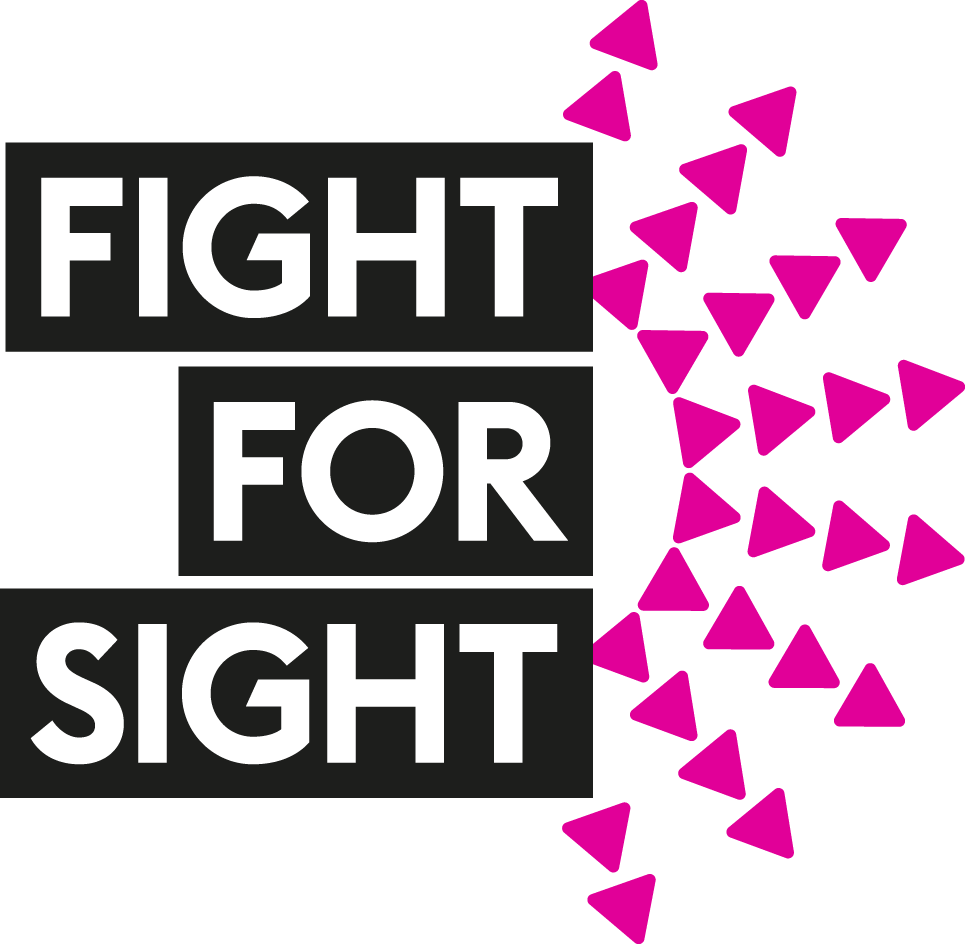Fight for Sight convenes leading ophthalmologists for urgent action on the '1 to 20' funding gap

Fight for Sight has convened the UK’s leading ophthalmologists and researchers to draw attention to the ‘1 to 20' funding gap in eye research. Twelve leaders in the field have signed up to a public letter which is published in today’s Guardian (January 7), calling on the new government to develop a national plan on sight loss.
Currently, only one percent of national research funding is invested in eye research, even though twenty percent of people in the UK will experience serious sight loss or blindness in their lifetime[1]. The prevalence of sight loss is also on the rise – the number of people in Europe with the leading cause of blindness, age-related macular degeneration, is projected to hit 10 million by 2050.[2]
Fight for Sight and other leading experts believe that in 2020 this is shameful, particularly as gene therapies and stem cell treatments are already restoring sight for patients with some eye conditions at clinical trial.
The call comes after the WHO World Vision Report in October 2019 found that more than one billion people worldwide are living with sight loss, which is contributed to by a lack of investment in eye care and research. Moreover, in September 2019 the UN General Assembly political declaration on Universal Health Coverage identified eye health as an area that should be addressed if we are to achieve the Sustainable Development Goals.
Fight for Sight will be conducting a major research study in 2020 which will show the economic and personal impact of sight loss. Blindness can have a huge impact on people’s mental health and ability to work, increasing costs on health systems and infrastructure. Hundreds of people with sight loss will be interviewed for the study and the research will include economic analysis, statistics and a literature review to understand the health economics of serious sight loss and blindness.
The findings, which are due in July 2020, will be used to lobby decision-makers and funding bodies for a national plan on sight loss that will ensure eye research gets the funding it badly needs. Fight for Sight is encouraging everyone who believes action should be taken to prevent more people losing their sight to join them and add their voice to the campaign.
Head of Research at Fight for Sight, Dr Rubina Ahmed said: “It’s shameful that in 2020 so little national research funding goes to eye research, especially when science offers so many possibilities to transform lives and there are breakthroughs happening every day. We’ve seen the first gene therapies for eye diseases become available on the NHS and stem cell treatments are already restoring sight for patients at clinical trial. However, the amount of funding currently is not fit for the scale of the challenge, with hundreds of eye diseases and millions of people affected globally. Science and technology have the answers, the only barrier is the funding to make it happen. We're encouraging everyone to join us and make 2020 the year urgent action is finally taken on sight loss.”
Chris Hammond is the Chair of Ophthalmology at King’s College London, St Thomas’ Hospital, London and Chair of the Grant Application Panel at Fight for Sight.
He said: “We know that serious sight loss doesn’t discriminate - it can affect anyone at any time and it is on the increase. We are so close to outcomes that were not possible a decade ago, yet so much more needs to be done to develop new universal treatments.”
There are currently over two million people in the UK living with sight loss. This number is projected to increase to 2.7 million by 2030 and to double by 2050.
The letter was signed by twelve leading ophthalmologists and researchers from across the UK who are also core members of the Fight for Sight Grant Assessment Panel.
Take part in our survey Join us if you want urgent action on blindness in 2020[1] Source DAE, 2017
[2] https://bjo.bmj.com/content/early/2019/10/22/bjophthalmol-2019-314422


